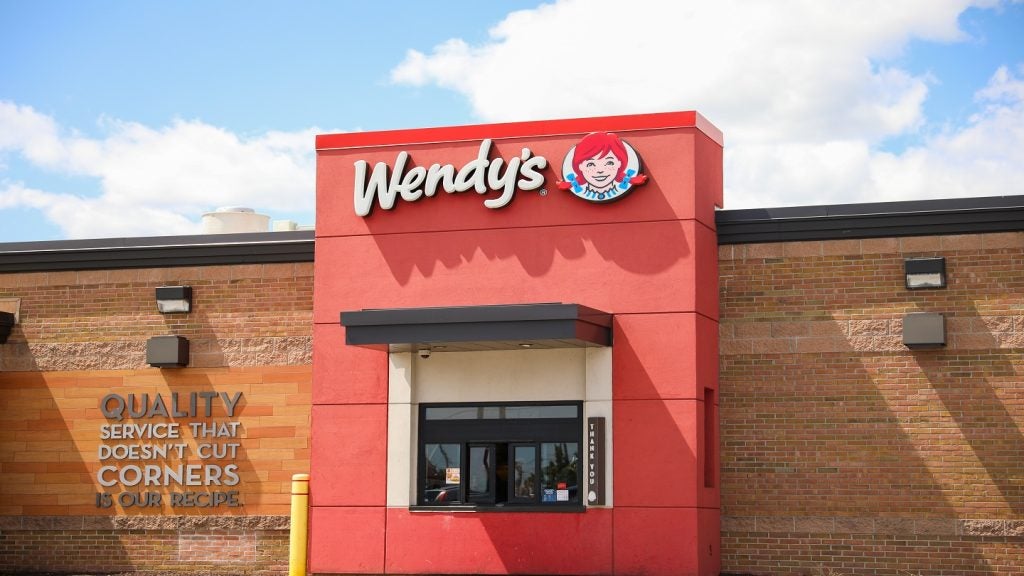
If you’re looking to grow your hospitality business you’re probably considering how and where to make key investments. Steve Cordiner of Livingbridge, a growth partner accelerating expansion for operators, with investments in the likes of Pho, Rhubarb and Bistrot Pierre, offers his advice on how hospitality operators looking for this sort of investment can stand out in a crowded marketplace.
Always keep your customer front-of-mind
Investors want to know that your brand has long term growth potential. For that to happen the proposition you’re offering should be something new, whether it’s concept, service, delivery, location or ambience. If you can fulfil a customer’s need, they’ll feel satisfied by their purchase, generating a loyalty that will keep them coming back again and again.
To demonstrate to investors that you are relevant to your customers in this way and that you know how to put them first, you will really need to show an understanding of who your customers are, why they choose you and in turn how you can keep them coming back for more.
Location, location, location
A hospitality operator with a shrewd eye for good site economics piques the interest of any investor. If you’re planning to grow, you’re likely planning a roll out, so you should have a clear view on expected return on capital when opening new sites. A comparatively quick return on that investment allows for an ambitious vision for the future.
This should be coupled with a real understanding of what your property and location strategy is. What type of site is right for your business and where do you foresee your most significant growth areas? Does your pipeline reflect this? Hospitality operators who can demonstrate a strong proposition, a well-developed property and location strategy, together with a proven ability to find new locations, will find themselves very attractive to investors.
Are there barriers to growth?
Why don’t sushi businesses grow as quickly as coffee shops? The answer is in the scales (and no, that’s not a fish joke!). A hospitality operator should consider from the outset the size their business can scale to, and understand the total potential market they operate in. Factors for consideration include the style of offering and logistics, as one size definitely doesn’t fit all. Consideration should be given to whether your offering could be rolled-out regionally. For example, some high-end restaurants might not work in all areas of the country, whereas burger businesses are popular nationwide. A management team should understand where the limitations of its offering are, and those with fewer barriers to growth are inherently more appealing.
How well do you really know your competitors?
Access the most comprehensive Company Profiles on the market, powered by GlobalData. Save hours of research. Gain competitive edge.

Thank you!
Your download email will arrive shortly
Not ready to buy yet? Download a free sample
We are confident about the unique quality of our Company Profiles. However, we want you to make the most beneficial decision for your business, so we offer a free sample that you can download by submitting the below form
By GlobalDataTake control
Demonstrating operational and financial control is the best way to give investors confidence in your business. This should include good cash management that evidences financial stability with appropriate use of debt or capital funding. Evidence of timely and accurate performance reporting will also add to your credibility as an attractive prospect. Another key focus should be your operational KPI suite. Frequent review of individual site data is essential, including analysis of food and beverage margins, like for like sales, and customer satisfaction.
These are all elements that an investor will look at to ensure you really understand which areas of your business are driving value and how, together, you could drive future growth.
Investing in people
When an investor backs a business, it is really investing in the people and the belief that together you might be able to build the next success story. In the hospitality sector this is even more important as it is a people-based industry, and the entrepreneurs have to be passionate about the businesses they run. In a sector overflowing with people who love what they do, an investor wants to see that passion, together with people who are hungry to build businesses that customers really love.







